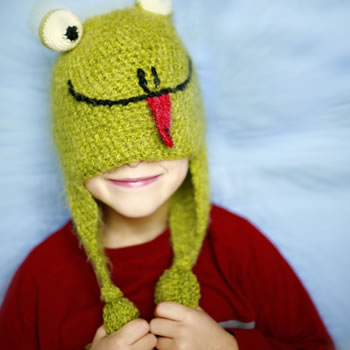Relaxation Treatments
We believe strongly in creating positive dental memories and providing urgent dental care as quickly and efficiently as possible. To ensure every child is comfortable, and to efficiently treat urgent dental needs, our doctors are extensively trained in dental sedation options and can offer the following techniques.
“Laughing Gas”
Nitrous oxide/oxygen, also known as laughing gas, is a mild agent that helps to relax a child for dental treatment. Nitrous oxide/oxygen is a blend of two gases, oxygen and nitrogen.
It is given through a small breathing mask, which is placed over the child’s nose, and allows him or her to relax, but without putting the patient to sleep. The gas is mild, and easily taken; then, with normal breathing, it is quickly eliminated from the body. It is non-addictive.
While inhaling nitrous oxide/oxygen, a child remains fully conscious and keeps all natural reflexes.
Non-IV Conscious Sedation
Conscious sedation is stronger than nitrous oxide, but not as deep as IV anesthesia. Conscious sedation is a liquid medication that is given to the child in-office. The child may be quite drowsy, and might even fall asleep, but he or she will not become unconscious; the patient is still able to respond to questions and interact with staff.
There are a variety of medications that can be used for conscious sedation. The doctor will prescribe the one best suited for the child’s overall health and dental treatment.
Prior to the appointment
- Please notify us of any change in your child’s health and/or medical condition. Do not bring your son or daughter for treatment with a fever, ear infection, or cold. Should your child become ill, contact us to see if it might be necessary to postpone the appointment.
- You must tell the doctor of any drugs that your child is currently taking (prescribed, over the counter, or herbal medications), and any drug reactions and/or change in medical history.
- Your child should not have anything to eat or drink 8 hours prior to the appointment
- Please watch your little one closely while the medication is taking effect. Hold him or her in your lap or keep the patient close to you. Do not let the child “run around.”
- Your child will act drowsy and may become slightly excited at first.
After the sedation appointment
- Your child will be drowsy and need to be monitored closely for the remainder of the day.
- If your child wants to sleep, place the patient on his or her side with the chin up. Wake your little one every hour and encourage the patient to have something to drink in order to prevent dehydration. At first, it is best to give your child sips of clear liquids to prevent nausea. The first meal should be light and easily digestible.
- If your child vomits, help him or her bend over and turn the patient’s head to the side to ensure that he or she does not inhale the vomit.
- Because we use local anesthetic to numb your child’s mouth during the procedure, he or she may have a tendency to bite or chew lips, cheeks, and/or tongue and/or rub and scratch the face after treatment. Please observe your child carefully to prevent any injury to these areas.
IV Sedation
IV Sedation is recommended for children who cannot be safely treated under conscious sedation. The treatment is performed in our office with the child anesthetized under IV sedation, which is administered and monitored by a dental anesthesiologist brought in specially for this procedure.
Prior to your appointment
- Please notify us of any change in your child’s health and/or medical condition. Do not bring a patient for treatment with a fever, ear infection, or cold. Should your little one become ill, contact us to see if it is necessary to postpone the appointment.
- You must tell the doctor of any drugs your younster is currently taking and any drug reactions and/or change in medical history.
- Your child should not have milk or solid food after midnight prior to the scheduled procedure and clear liquids ONLY (water, apple juice, Gatorade) for up to 6 hours prior to the appointment.
- The patient’s parent or legal guardian must remain at the office during the complete procedure.
After the sedation appointment
- Your child will be drowsy and will need to be monitored very closely. Keep your son or daughter away from areas of potential harm.
- If your child wants to sleep, place him or her on the side with chin up. Wake your child every hour and encourage the patient to have something to drink in order to prevent dehydration. At first it is best to give your little one sips of clear liquids to prevent nausea. The first meal should be light and easily digestible.
- If your child vomits, help him or her bend over and turn the head to the side to ensure the patient does not inhale the vomit.
- Please call our office for any questions or concerns you might have.













